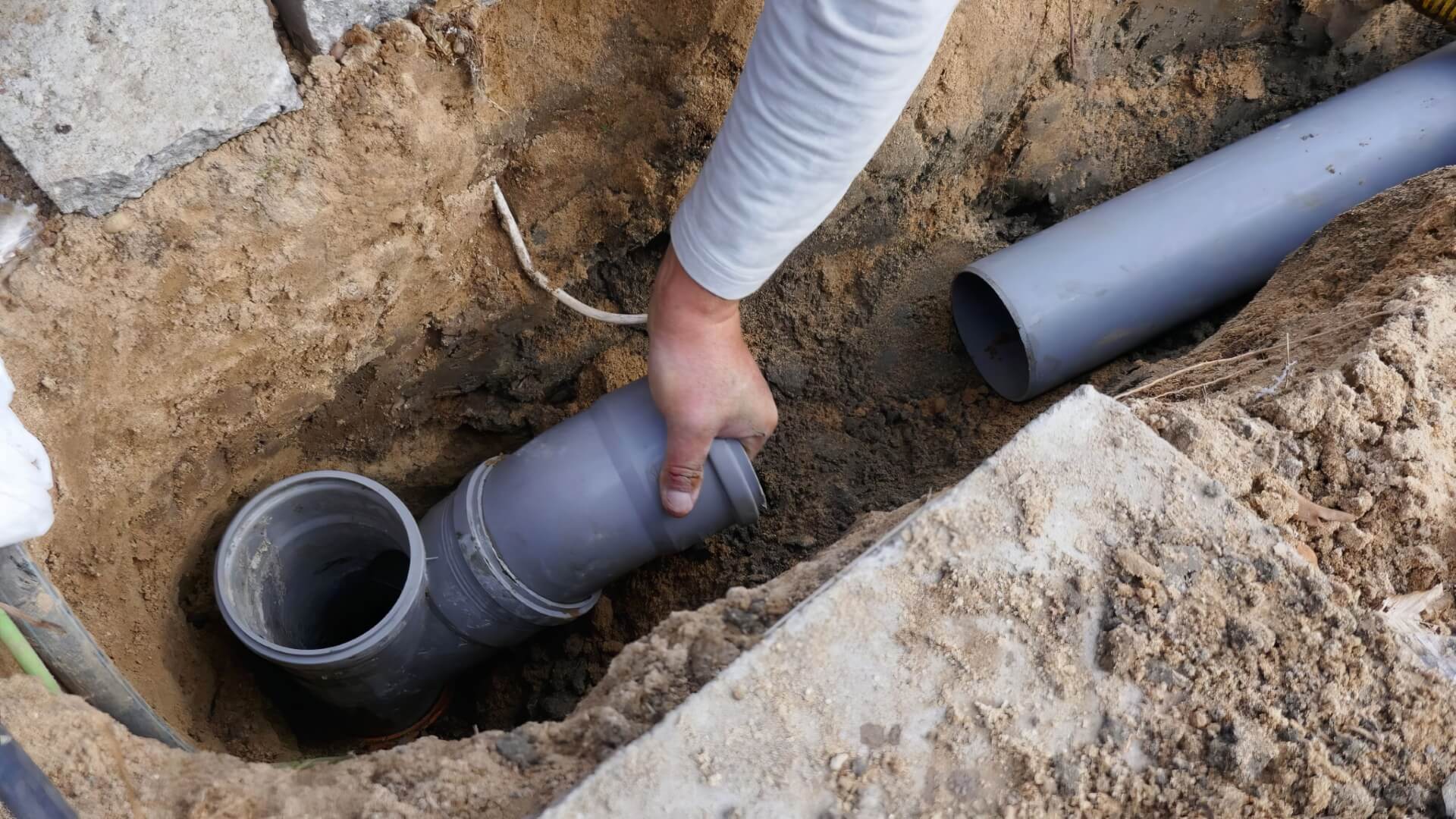Understanding Gas Supplier Contracts: Flexibility and Commitment
Before choosing a gas supplier, it’s vital to recognise the importance of understanding various contract types and their implications for your flexibility and commitment.
- Opt for no lock-in contracts for maximum flexibility, allowing you to switch providers without the burden of exit fees. With no lock-in contracts, you’re free to switch gas suppliers whenever more advantageous pricing or service arises, potentially reducing your energy costs.
- 1-year contracts may have a small exit fee but still allow relatively easy switching. However, prices could increase after the initial 12 months.
- 2 or 3 year contracts often have bigger upfront discounts but longer commitment periods and higher exit fees. Ensure you’re content with long-term commitments before settling on a provider.
Avoid contracts with hefty early termination and exit fees, as these can dissuade you from switching to a better energy supplier if a more attractive offer comes up.
Check your contract carefully, review all terms to understand contract length, price changes, and penalties. This ensures you’re informed and can avoid unexpected expenses on your bill if you decide to switch gas providers later to save on energy costs.
Comparing Gas Rates to Find the Best Plan for Your Usage
When comparing gas rates, it’s prudent to contrast rates among varying providers to ascertain which plans can ease your bills while aligning optimally with your necessities. Online tools like Energy Made Easy simplify comparisons by personalising results to your usage.
Consider Peak vs Off-Peak Rates
Be aware that energy providers may offer different rates during peak and off-peak periods. Optimising your usage during off-peak periods can help reduce your gas bill. Select plans with beneficial off-peak rates to manage costs effectively, especially if you use gas mainly for heating water or your home.
Understand How You’re Charged
Your gas bill typically reflects either the actual energy consumed according to meter readings, or includes a daily supply charge:
- Energy usage charges, measured in cents per megajoule (MJ) – calculated based on your actual consumption
- Daily supply charge – a consistent fee for maintaining the gas connection to your home
Take into account the variable charges for peak and off-peak use to maximize your savings. By comparing plans across all aspects, you discover the most suitable option that meets your needs and minimises costs based on your personal usage patterns.
Estimate Your Gas Usage
To discover more about how to accurately compare plan rates for electricity andor gas based on your usage, you need to estimate your typical gas consumption across peak and off-peak times. Analyse previous bills for accurate insights into your yearly costs, based on actual gas consumption.
Use past consumption data to forecast the yearly expense of potential plans and identify the most cost-effective choice.
Evaluating Pricing Structures to Avoid Hidden Costs
When assessing your potential gas provider, save your surprises by carefully examining their pricing structures to avoid any hidden costs or unexpected fees.
Understand All Charges
Ensure full transparency on all rates and charges by reviewing fact sheets and documents, a crucial point especially when moving house and comparing new options:
- Energy usage rates for peak, off-peak and shoulder times
- Daily supply charges
- Account fees
- Disconnection and reconnection fees
Some energy providers may offer attractive base rates compensated by additional fees, so it’s important to calculate the overall estimated cost, a process we can assist with during your gas plan comparison.
Clarify Any Ambiguities
Should you have questions about how we clarify fee descriptions or specific rate particulars, consider reaching out to the energy ombudsman or the provider for clarification before committing.
Ask potential gas suppliers questions to find out about things like:
- “What exactly does this $X monthly charge cover?”
- “Under what circumstances would this additional fee apply?”
Addressing any ambiguities helps ensure that your final gas bill arrives free from unexpected charges.
Compare Total Cost of Plans
Rather than focus solely on usage rates, compare gas expected total costs across plans to potentially lower your energy bills, using your estimated annual usage.
This discovers which provider offers the best energy value for your new gas supply after factoring in all fees and charges you’re likely to incur based on your unique usage profile.
Assessing Local Gas Supplier Proximity and Service Capabilities
When choosing gas supplier, Local providers ensure faster, customised service - a significant advantage for prompt support.
Faster Emergency Response
Local energy companies like Alinta Energy and Energy Australia have a deep understanding of NSW’s infrastructure and community needs, with nearby technicians ready to respond quickly to gas emergencies or service needs.
Tailored Regional Experience
Nearby providers better understand local climate challenges, peak usage times and equipment preferences. When it comes to local needs, this allows them to offer pricing, products and maintenance tailored to community preferences.
Stronger Accountability
Local providers, like Red Energy in regions such as the Gold Coast, aim for excellent service due to direct community impact on their reputation.
By supporting trusted local businesses, your patronage not only assists community growth but also helps make money available for improved gas infrastructure and skilled technicians in Drummoyne.
Choosing Between Fixed and Variable Pricing Plans
When selecting a gas pricing plan, you’ll generally have to decide between a fixed or variable rate structure.
Fixed Rate Plans
Fixed rate plans lock in a consistent gas price per megajoule on its own for usage, including for LPG gas bottles, across an agreed term, usually 1-3 years. A fixed rate plan ensures your gas rates remain stable, providing peace of mind as you budget for gas bills regardless of market fluctuations.
The main benefit is price certainty - you know exactly what your gas will cost per MJ for the duration. However, you lose flexibility to take advantage of market drops.
Variable Rate Plans
In contrast, variable rate plans float up and down based on the current wholesale cost of gas. Rates are adjusted regularly (often quarterly) to reflect latest market prices.
The advantage here is if gas market prices fall, so do your energy plan rates - allowing potential savings. The gamble with the energy market is that rates may inversely surge during periods of high consumption, thus escalating your expenses.
Choosing What’s Best for You
In times of volatile gas prices, fixed rates from your chosen energy company can provide more budget surety. But if rates trend down for long periods, variable offers more potential savings. Consider your risk appetite and market conditions to decide what works best.
Selecting Eco-Friendly Suppliers With Green Energy Options
When selecting an energy supplier, consider options that demonstrate environmental responsibility through renewable energy sources and carbon offset programmes.
100% Green Gas Plans
Companies like Origin Energy provide green gas options that offset environmental effects through carbon credits, helping reduce both emissions and your outlay.
Carbon Neutral Options
Alternatively, suppliers like AGL provide energy offers with carbon neutral options where greenhouse gas emissions associated with your gas usage are calculated and fully offset each billing cycle through accredited schemes.
Choosing providers committed to environmental stewardship promotes renewable energy advances, reflecting your contribution to sustainability.
So be sure to investigate and compare green offerings as part of making a responsible choice for your home or business.
Ensuring Quality Customer Service and Responsiveness
Select a gas supplier with a strong customer service record to ensure prompt attention to queries or issues.
Compare Response Times
A good indicator is how potential suppliers respond within a few business days to initial contacts or questions. Suppliers who connect within 24 hours demonstrate better commitment than those taking days.
Read Customer Reviews
Delve into online platforms to find out more from customer ratings and your feedback regarding service experiences. Look for consistent praise of helpful, friendly service versus recurring complaints about delayed or unhelpful interactions.
Consider Service Guarantees
Some providers offer gas connection guarantees within set timeframes or appoint a dedicated account manager. This indicates a strong commitment to customer satisfaction.
Confirm Multiple Contact Options
Choose suppliers that offer various contact methods - phone, email, web chat etc. This provides appropriate support channels suited for all your contact preferences.
Scrutinising customer service quality and timely responses, you can discern how suppliers who may likely cherish your patronage can assist and how can potentially reduce costs on your gas services.
Understanding the Switching Process to a New Provider
Switching your electricity gas plan supplier is straightforward if you adhere to these key steps:
1. Research New Providers
Leverage comparison websites like Energy Made Easy to find savings-oriented suppliers.
2. Estimate Switching Fees
Contact your current provider, who also manages your retail gas services, to discover if there are any exit fees involved with an ahead-of-schedule switchover. Factor these fees into your decision-making.
3. Sign Up With the New Supplier
After selecting a new provider, fill in the required paperwork to initiate the switch. Many providers will also manage the communication with your previous supplier for a smooth transition.
4. Schedule the Switch Date
Choose a convenient future date for the switch to take place, ensuring your home connected to gas supply remains without interruptions. Align the switch with your upcoming meter reading for an efficient transition.
5. Update Billing and Payment Details
Provide new bank and billing details to start paying the new provider directly each billing cycle.
By following these steps and considering any contract termination penalties, you can effortlessly switch suppliers and save on your energy costs. Awareness of our seamless transition process will reassure you that no new connection work is needed, as your existing pipes and meters remain intact.
Get started researching new energy plans today using the latest comparison rates.






